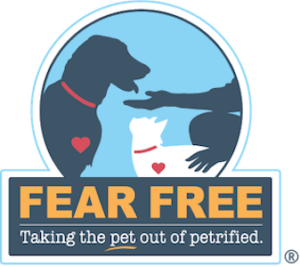Steve Dale
The issue of homelessness in America is complex. And equally complex is the issue of unhoused people and their companion animals.
Here’s what we know is true: It doesn’t matter to pets where or how their humans live. Money has nothing to do with their loyalty and love. And that is the lens through which we should study their relationships with people who are unhoused.
The adage used to be “If you can’t care for yourself, you can’t care for a companion animal.” That’s not entirely true, according to a study coauthored by Michelle Lem, DVM, founder of Community Veterinary Outreach (CVO), who conducted the study with the University of Guelph.
For the study “Pet ownership and homelessness: a scoping review,” published in the Journal of Social Distress and Homelessness, researchers used pet medical records from over 1,100 clients who accessed CVO outreach clinics, which has partnerships and locations across Canada and the U.S.
From those records, the researchers analyzed each animal’s body condition score, an indicator of overall health status, and found that the majority of animals belonging to unhoused people were in generally good health with a main score of 5.4 out of nine (with one being emaciated and nine being severely obese). The study also analyzed each animal’s body system, including oral health, skin, and muscle, as well as cardiovascular health, and found that abnormalities (typically in oral or digestive systems) reported in pets owned by vulnerably housed people were the same conditions reported in pets treated in private clinics.
According to the researchers, between 5 and 25 percent of people experiencing homelessness have pets, although anecdotally that number is on the rise. Caring for pets can have a range of impacts in the lives of unhoused people, which may mitigate or further complicate the adversities they face.
For example, in most cities temporary housing doesn’t accept pets. This may force people who are homeless to be outside more than they might otherwise choose to be.
However, when unhoused people and pets are appropriately bonded, the emotional support and devotion they provide each other is likely beneficial to mental wellbeing. Nevertheless, although the company and comfort of companion animals is beneficial, they are not a sole treatment for significant mental health issues.
It’s necessary to better understand the benefits and challenges associated with caring for animals to determine how people without housing can best be supported, including finding a way to make veterinary care available to their pets.
Apart from the work of Dr. Lem and others, here are some complexities and explanations for unhoused people and their pets (listed in no particular order):
- Pets provide emotional support and consistent unconditional support, something unhoused people may otherwise not experience. Pets also offer trusted and safe companionship.
- Pets may be “used” by some to help raise money, knowing that people would rather give money to a person holding a puppy or kitten. Where does that money really go? Sometimes it goes to support a substance-abuse habit and sometimes it goes to care for the person and pet.
- According to the S. Government Substance Abuse and Mental Health Services Administration, 30 percent of all people who are unhoused have a severe mental illness and about 50 percent of all adults who are homeless have chronic substance-abuse issues. At times of sanity or clarity, they may benefit from a pet, but are they appropriate caretakers?
There is clearly no one-size-fits-all answer, but studies like this can help us move toward one.
This article was reviewed/edited by board-certified veterinary behaviorist Dr. Kenneth Martin and/or veterinary technician specialist in behavior Debbie Martin, LVT.




